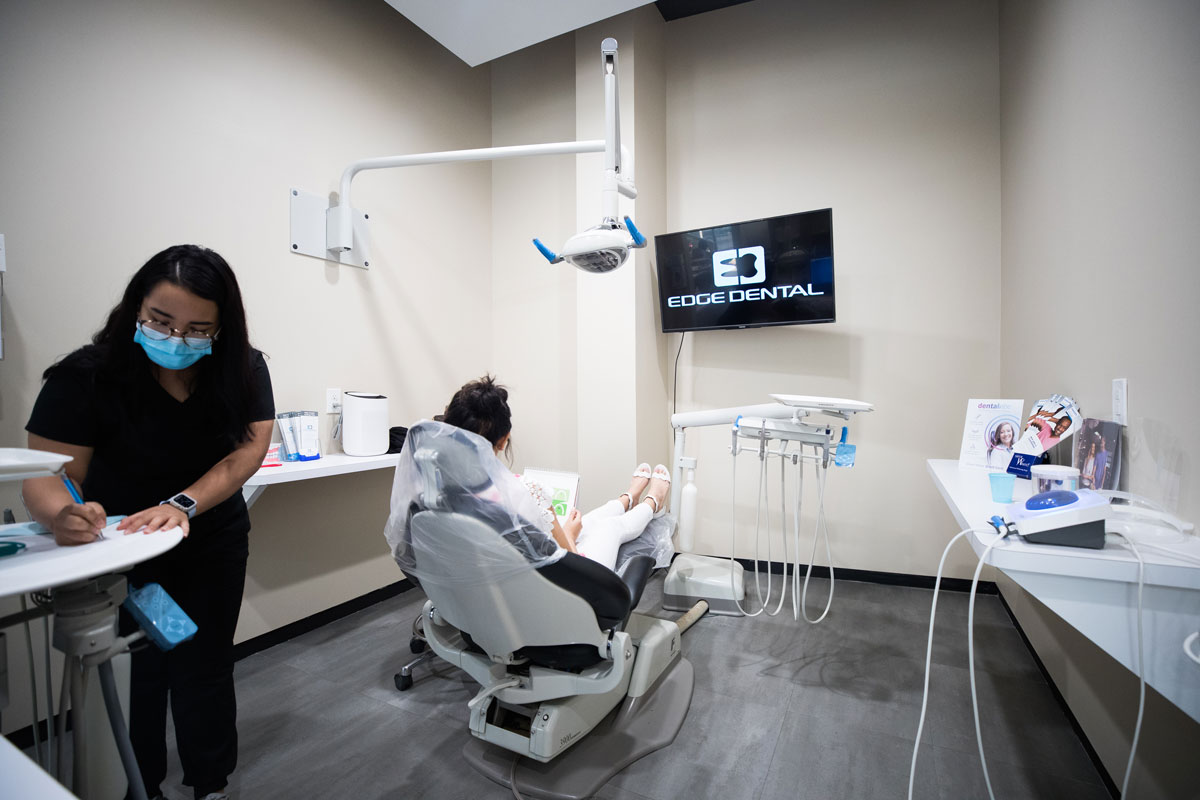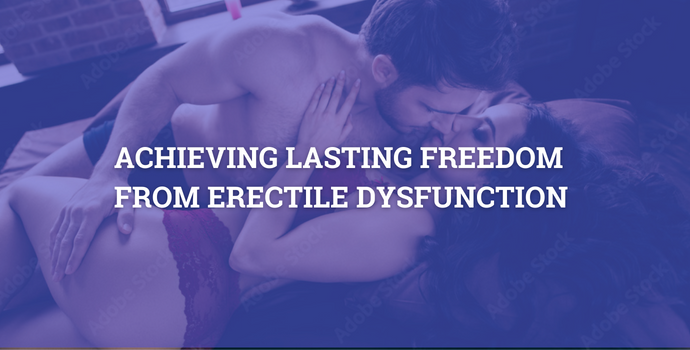Teeth whitening kits are popular among people who want to achieve a brighter, more youthful smile. These kits promise a quick, affordable, and effective way to lighten teeth, boosting confidence and appearance. But while the benefits of teeth whitening are clear, many wonder whether these kits have any effect on tooth health, specifically in preventing or contributing to tooth decay. Can teeth whitening kits help prevent tooth decay, or could they be a hidden cause of dental problems?
Understanding Tooth Decay
Tooth decay, also known as dental caries, is a process where the hard surface of the tooth, known as enamel, is gradually worn away by acids produced by bacteria. This bacteria feeds on the sugars and starches that remain on the teeth after eating. If left untreated, tooth decay can lead to cavities, infections, and even tooth loss. The key to preventing tooth decay lies in good oral hygiene practices, including regular brushing, flossing, and professional cleanings.
For years, tooth decay has been primarily linked to poor oral care, but recent trends in the cosmetic dental industry have raised new questions about the potential effects of teeth whitening products. The central concern is whether using teeth whitening kits may compromise the enamel, making it more vulnerable to damage and decay.
How Teeth Whitening Kits Work
Teeth whitening kits typically contain ingredients like hydrogen peroxide or carbamide peroxide, which break down stains on the surface of the teeth. These products work by penetrating the enamel and oxidizing the stain molecules, effectively lightening the color of the teeth. There are several types of whitening kits, including strips, gels, trays, and toothpastes, each offering a different method of delivery and varying levels of effectiveness.
While these whitening products are designed to be safe when used correctly, overuse or improper application can sometimes lead to unintended consequences. For example, prolonged or excessive exposure to whitening agents can cause tooth sensitivity, gum irritation, and, in some cases, even damage to the enamel. This damage can increase the risk of tooth decay if it leaves the underlying layers of the tooth exposed to bacteria and other harmful substances.
Can Teeth Whitening Kits Contribute to Tooth Decay?
In the past, many people believed that whitening products could contribute to tooth decay due to the potential weakening of enamel. However, modern teeth whitening kits are often formulated to minimize the risk of enamel erosion, making them safe for most individuals when used as directed. Nevertheless, improper use or overuse can still pose risks.
Here’s why:
- Enamel Sensitivity: Teeth whitening treatments can cause enamel to become temporarily weakened. If your enamel is already thin or damaged, the use of whitening agents can worsen this condition, making your teeth more susceptible to decay.
- Increased Tooth Sensitivity: Some people experience heightened tooth sensitivity after using teeth whitening kits. This sensitivity can indicate that the enamel is temporarily weakened, leaving the tooth more exposed to external factors like temperature changes or acidic foods, which could contribute to tooth decay.
- Dry Mouth: Many teeth whitening kits require users to wear a mouth tray that holds the whitening agent in place. This can lead to a dry mouth, reducing the amount of saliva in the mouth. Saliva plays a vital role in neutralizing acids, washing away food particles, and protecting enamel from decay. A dry mouth can make it more difficult to naturally prevent tooth decay.
- Ineffective Brushing: Some people may feel the need to whiten their teeth more frequently, leading to overuse of whitening products. In such cases, individuals may neglect their regular oral care routines, such as brushing and flossing, which could increase the risk of plaque buildup and, consequently, tooth decay.
- Whitening Product Overuse: If the whitening product is used more often than recommended or if it is applied for too long, it can strip away the protective layers of enamel. This prolonged exposure to bleaching agents could inadvertently make teeth more prone to decay by weakening their structure.
Tips for Using Teeth Whitening Kits Safely
To ensure that teeth whitening kits do not contribute to tooth decay, it’s essential to follow a few key guidelines:
- Follow Instructions: Always read and follow the manufacturer’s instructions when using teeth whitening kits. Overusing these products or applying them improperly can lead to tooth damage. Stick to the recommended frequency and duration of use.
- Maintain Good Oral Hygiene: Teeth whitening is not a substitute for proper oral care. Brushing twice a day, flossing daily, and visiting the dentist regularly for checkups and cleanings are essential practices that can help prevent tooth decay and maintain healthy teeth.
- Hydrate Your Mouth: Ensure you keep your mouth well-hydrated when using teeth whitening products. Drink plenty of water to avoid dryness and promote saliva production, which is vital for preventing decay.
- Limit Acidic Foods: While whitening your teeth, try to limit the consumption of acidic foods and drinks, such as citrus, coffee, and soda. Acids can further weaken the enamel and make your teeth more vulnerable to decay, especially after whitening treatments.
- Use Enamel-Strengthening Products: Consider using toothpaste that contains fluoride or enamel-strengthening ingredients, especially after using whitening kits. These products can help restore the minerals in the enamel and protect against future damage.
- Consult a Dentist: Before starting any teeth whitening regimen, it’s a good idea to consult your dentist, particularly if you have existing dental problems like cavities or gum disease. Your dentist can help determine whether teeth whitening is a safe option for you and recommend the most effective products.
Can Teeth Whitening Kits Prevent Tooth Decay?
While teeth whitening kits can help improve the appearance of your smile, they are not designed to prevent tooth decay directly. Instead, maintaining good oral hygiene and seeking professional dental care are the best ways to prevent cavities and decay. In fact, using whitening products improperly or excessively could increase the risk of damage to your teeth, making it more important than ever to use these products responsibly.
To truly protect your teeth from decay, it is essential to prioritize brushing, flossing, and regular dental visits. Whitening products should be seen as an enhancement to your overall oral care routine, not as a substitute for it.
Conclusion
Teeth whitening kits can help you achieve a whiter, brighter smile, but they should not be viewed as a tool for preventing tooth decay. If used correctly and in moderation, teeth whitening kits can be a safe and effective way to improve the aesthetic appearance of your teeth. However, neglecting proper dental hygiene or overusing these products can compromise your tooth health, increasing the risk of decay.
For optimal oral health, focus on a balanced approach that includes good hygiene practices, regular dentist visits, and using teeth whitening products responsibly. By doing so, you can enjoy the benefits of a beautiful smile while keeping your teeth strong and healthy for years to come.




